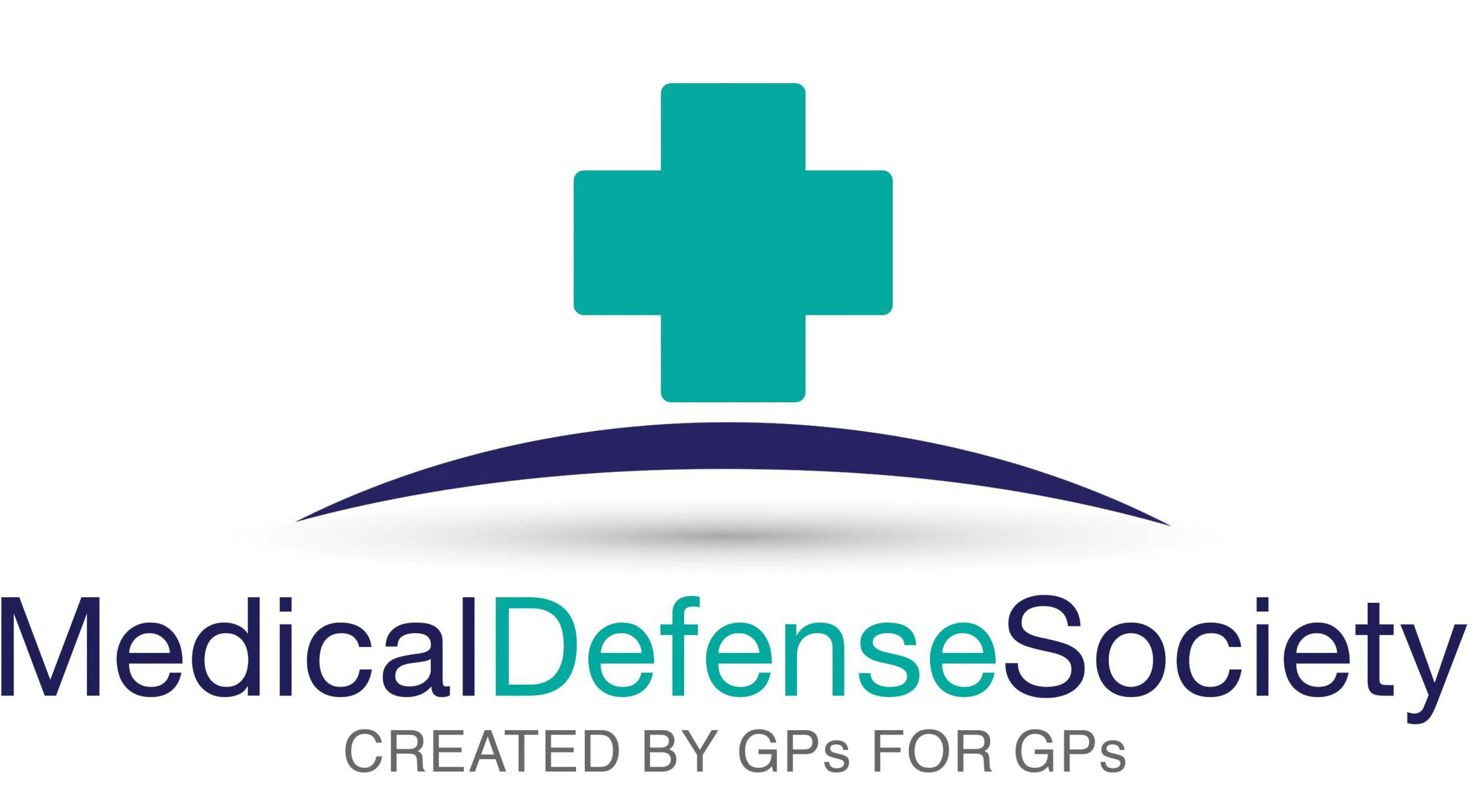
Lessons from COVID-19
As we emerge from the initial peak of the COVID-19 pandemic, there is a sense in general practice that while it has presented an exceptionally challenging situation, it has provided a unique opportunity to rethink how patient care is delivered.
Recent reports from the British Medical Association (BMA) and Royal College of General Practitioners (RCGP) focus on identifying and capitalising on certain positive changes that have occurred in general practice since the outbreak began.
We look here at some key themes of those reports.
Rapid response
In response to COVID-19 and the need to protect patients and staff, GPs have made remarkable achievements in radically transforming their working practices and environments, almost overnight. They have made use of a temporary relaxation in regulatory burdens and increased flexibility to provide innovative solutions to meet patient needs despite social distancing requirements and the abrupt changes to everyday clinical practice.
Some of these innovations are clearly here to stay…
The rise of digital technology
One of the most extraordinary and fast-paced changes is in the use of digital technology, which has enabled ‘total triage’ by phone or online, and remote consultations for most patients to reduce the risk of COVID-19 infection. According to the latest BMA tracker survey (9 July), the vast majority of GPs want greater use of remote consultations to continue. Potential benefits include flexibility to better support the needs and preferences of individual patients as well as ease-of-access and convenience for many.
At a meeting of the Royal College of Physicians, Health Secretary Matt Hancock said: “From now on, all consultations should be tele-consultations unless there’s a compelling clinical reason not to.”
Yet, face-to-face consultations will remain an essential part of patient care for those with more complex needs. Prof Martin Marshall, chair of RCGP, cautioned: “Remote consultations, whether by telephone or video, won’t be suitable or preferable for everyone.” Besides, many GPs have highlighted technical problems and the need for more investment in resources, training and IT support.
Closer collaboration and ‘virtual huddles’
As well as enabling consultations to continue during lockdown, use of digital technology notably facilitated collaboration and sharing of expertise in general practice. ‘Virtual huddles’ have helped remote-working GPs feel connected. Video-conferencing between practices, or with secondary care and social care teams, has aided communication and improved continuity of care.
Perhaps these changes have contributed to the greater sense of team working that many GPs have reported during the crisis. Ideally, such digitally-enhanced communication will be expanded and developed in the future to improve patient care across organisational boundaries.
Increasing trust, reducing bureaucracy
Over half of GPs surveyed by the BMA reported feeling less burdened by bureaucracy during the COVID-19 crisis, thanks to a temporary relaxation of regulatory processes and contractual requirements. Based on experiences during the pandemic, the BMA calls for a new culture in which GPs are trusted to use their clinical judgement, with greater autonomy supported by light-touch regulation.
Encouragingly, the government has already committed to a review into reducing the bureaucratic burden as part of the 2020 GP contract deal for England. In addition, a revamp of the GP appraisal process is underway, which will focus much more on the wellbeing of doctors and recognise the experiences of COVID-19.
Doctors have been encouraged to return to the workforce during the pandemic, and a streamlined approach has supported this. There are hopes that some GPs who returned may be persuaded to stay, given the right working conditions and a further reduction in the associated administrative requirements.
GPs at the heart of community leadership
General practice has played a key public health role during the pandemic, which is set to continue. GPs have been essential as leaders and decision makers in emergency planning, clinical pathway redesign and supporting community health. They have led initiatives to provide care for vulnerable patients in the community and care homes, address health inequalities, and support patient self-care.
GPs are now at the forefront of managing the long-term care and rehabilitation of patients with ongoing physical and psychological consequences of COVID-19. In addition, many are now caring for patients with other conditions such as cancer or heart disease that presented at a later stage, due to the interruption to normal services during the pandemic.
Many NHS services are yet to return to full capacity, and recovery is expected to take a long time. As decisions are made on how to deliver and prioritise care in the aftermath of COVID-19, whilst still protecting patients and staff from infection, the experience of general practice is vital. The BMA recommends further strengthening the role of GPs as clinical leaders within their communities.
If you need advice about changes to your clinical role resulting from the COVID-19 pandemic response, contact Medical Defense Society.

Recent Comments